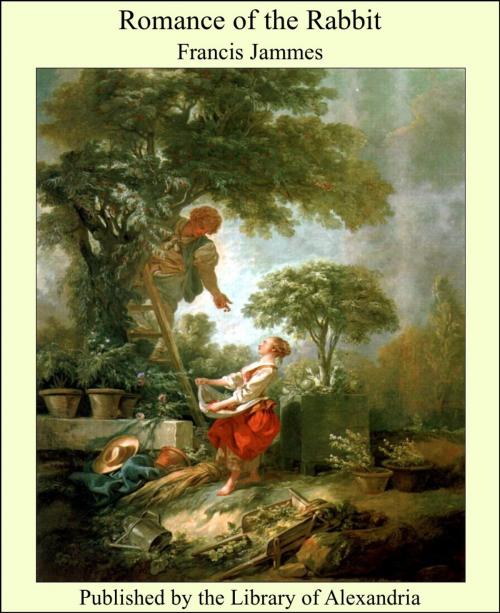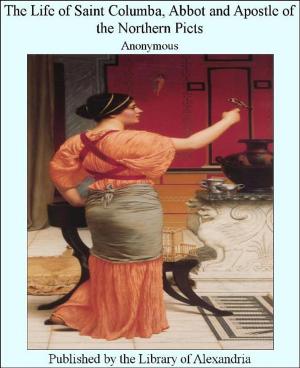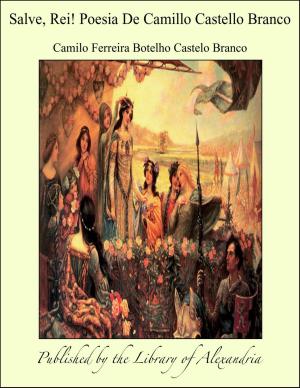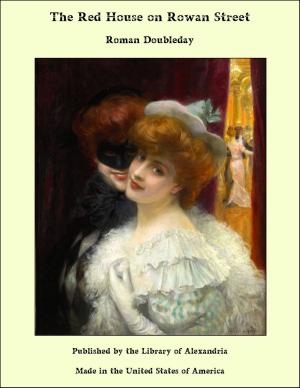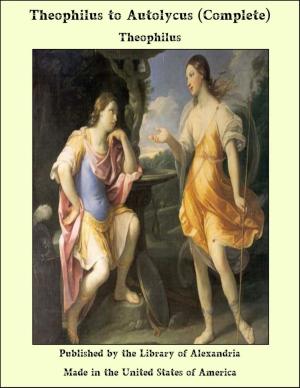| Author: | Francis Jammes | ISBN: | 9781465538550 |
| Publisher: | Library of Alexandria | Publication: | March 8, 2015 |
| Imprint: | Language: | English |
| Author: | Francis Jammes |
| ISBN: | 9781465538550 |
| Publisher: | Library of Alexandria |
| Publication: | March 8, 2015 |
| Imprint: | |
| Language: | English |
His gift of sympathy with the poor and the simple is infinite. He is full of pity and tenderness and enfolds in his heart and in his poetry, saint and sinner, man and beast, all that which is animate and inanimate. He is passionately religious with a profound and humble faith, but it has nothing in common with the sumptuous and decorative neo-catholicism of men like Huysmans or Paul Claudel. Rather one must seek his origins in the child-like faith of Saint Francis of Assisi and the lyrical metaphysics of Pascal. Those of a higher sophistication and a greater worldliness may smile at the artlessness, and, if one will, naivété of a man like Jammes. It is true that his art is limited, and that if one reads too much at one time there is a note of monotony and a certain paucity of phrase, but who is the writer of whom this is not equally true? The quality of beauty, sincerity, and a large serenity are in his work, and how grateful are these permanencies amid the shrilling noises of the countless conflicting creeds and dogmas, and amid the poses and vanities which so fill the world of contemporary literature and art! Jammes was born at Tournay in the department of Hautes Pyrénées on December 2, 1863, and spent most of his life in this region. He was educated at Pau and Bordeaux, and later spent a short time in a law office. Early in the nineties he wrote his first volumes, slender plaquettes with the brief title "Vers." It is interesting that one of these was dedicated to that strange English genius, Hubert Crackanthorpe, the author of "Wreckage" and "Sentimental Studies." This dedication, and the curious orthography (was set up in a provincial printery) led a reviewer in the Mercure de France into an amusing error, in that he suggested that had been written by an Englishman whose name, correctly spelled, should perhaps be Francis James. Since then his life has been wholly devoted to literature and he has published a considerable number of volumes of poetry and prose which by their very titles give a clue to the spirit pervading the author's work. Among the more important of these are: De l'Angelus de l'Aube à l'Angelus du Soir, Le Deuil des Primevères, Pomme d'Anis ou l'Histoire d'une Jeune Fille Infirme, Clairières dans le Ciel, a number of series of Géorgiques Chrétienne, etc
His gift of sympathy with the poor and the simple is infinite. He is full of pity and tenderness and enfolds in his heart and in his poetry, saint and sinner, man and beast, all that which is animate and inanimate. He is passionately religious with a profound and humble faith, but it has nothing in common with the sumptuous and decorative neo-catholicism of men like Huysmans or Paul Claudel. Rather one must seek his origins in the child-like faith of Saint Francis of Assisi and the lyrical metaphysics of Pascal. Those of a higher sophistication and a greater worldliness may smile at the artlessness, and, if one will, naivété of a man like Jammes. It is true that his art is limited, and that if one reads too much at one time there is a note of monotony and a certain paucity of phrase, but who is the writer of whom this is not equally true? The quality of beauty, sincerity, and a large serenity are in his work, and how grateful are these permanencies amid the shrilling noises of the countless conflicting creeds and dogmas, and amid the poses and vanities which so fill the world of contemporary literature and art! Jammes was born at Tournay in the department of Hautes Pyrénées on December 2, 1863, and spent most of his life in this region. He was educated at Pau and Bordeaux, and later spent a short time in a law office. Early in the nineties he wrote his first volumes, slender plaquettes with the brief title "Vers." It is interesting that one of these was dedicated to that strange English genius, Hubert Crackanthorpe, the author of "Wreckage" and "Sentimental Studies." This dedication, and the curious orthography (was set up in a provincial printery) led a reviewer in the Mercure de France into an amusing error, in that he suggested that had been written by an Englishman whose name, correctly spelled, should perhaps be Francis James. Since then his life has been wholly devoted to literature and he has published a considerable number of volumes of poetry and prose which by their very titles give a clue to the spirit pervading the author's work. Among the more important of these are: De l'Angelus de l'Aube à l'Angelus du Soir, Le Deuil des Primevères, Pomme d'Anis ou l'Histoire d'une Jeune Fille Infirme, Clairières dans le Ciel, a number of series of Géorgiques Chrétienne, etc
